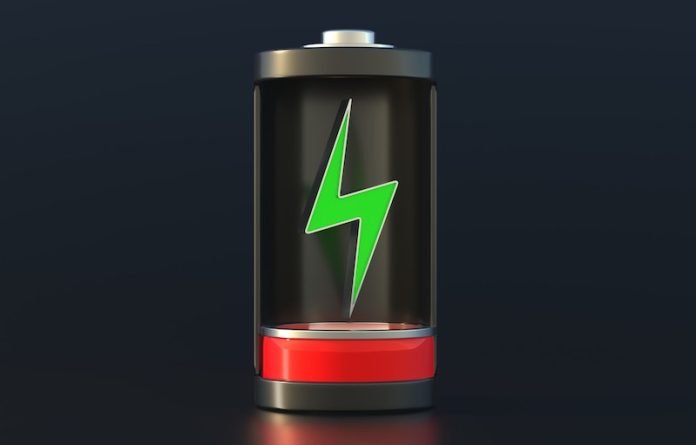
Researchers at the University of California, Irvine have developed a nickel-based alternative to cobalt in the production of batteries, a development that could eliminate child labor issues associated with cobalt mining.
This breakthrough may lead to a new generation of lithium-ion batteries.
Issues with Cobalt and Nickel
Cobalt, often sourced through controversial mining practices involving child labor, has been a critical component of lithium-ion batteries that power electric vehicles (EVs) and other products.
Nickel, despite its lack of associated labor controversies, has not been an economically viable substitute due to its cost and the large amounts required for battery creation.
A Low-Nickel Direction
“We’re the first group to start going in a low-nickel direction,” said Huolin Xin, the UCI professor of physics & astronomy, who led the research team.
In an earlier study, Xin’s team had successfully eliminated cobalt, but the formulation still required significant amounts of nickel.
A Breakthrough Solution: Complex Concentrated Doping
Over three years, the researchers devised a process known as “complex concentrated doping,” allowing them to alter the essential chemical formula in lithium-ion batteries.
This method effectively substitutes cobalt with nickel in critical commercial components, while also increasing nickel’s efficiency, thus requiring less of it for battery production.
Impact on the Battery Industry
Xin believes this new nickel chemistry will rapidly transform the lithium-ion battery industry. Already, electric vehicle companies are eager to validate this technique and conduct safety tests.
Xin stated, “EV makers are very excited about low-nickel batteries, and a lot of EV companies want to validate this technique.”
The study was published in Nature Energy.
Copyright © 2023 Knowridge Science Report. All rights reserved.



